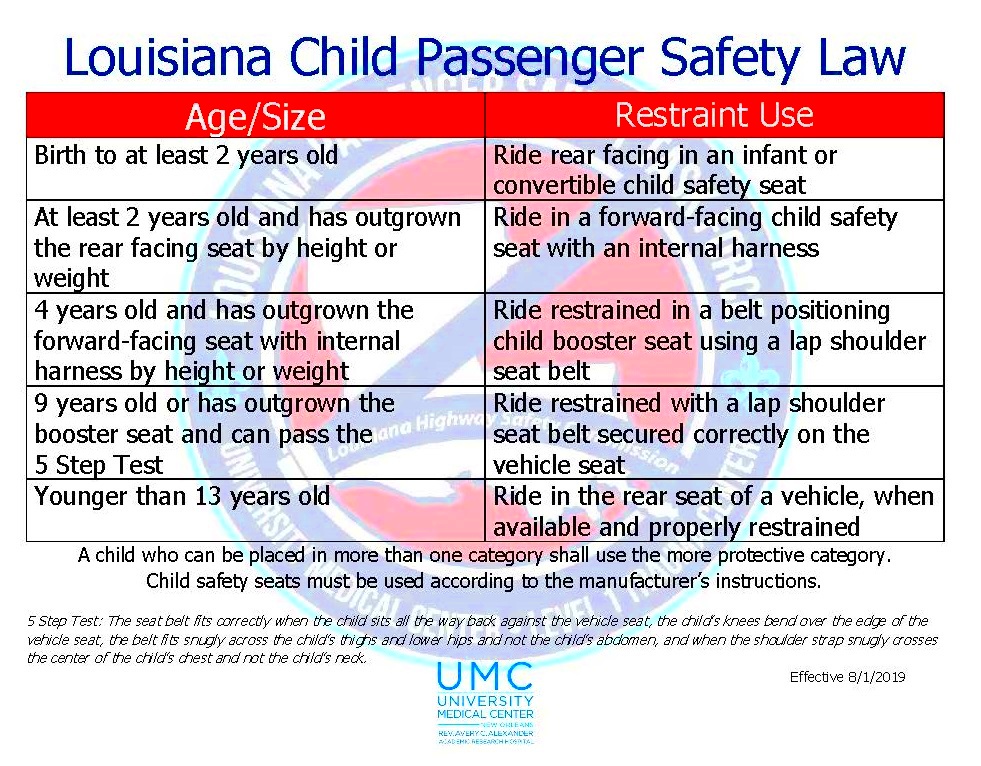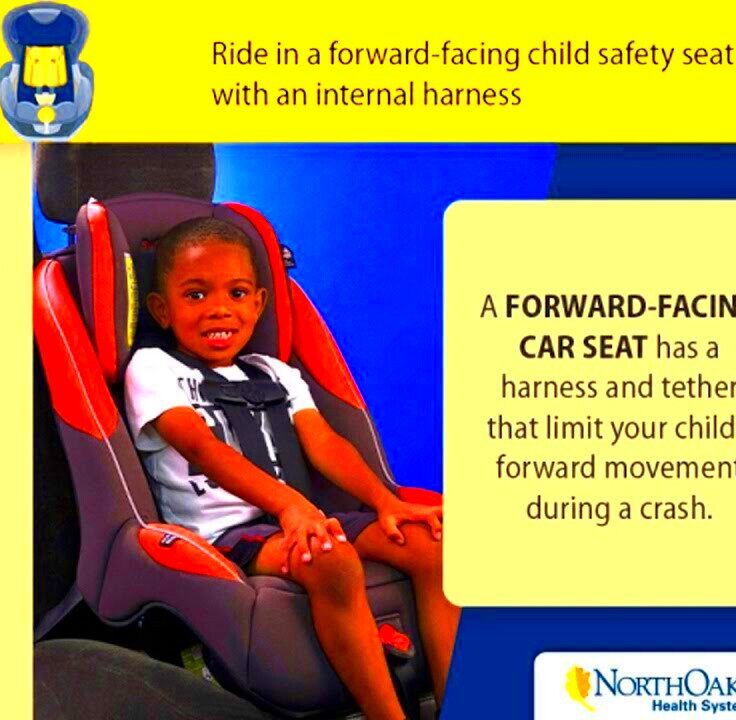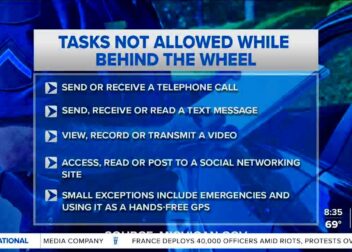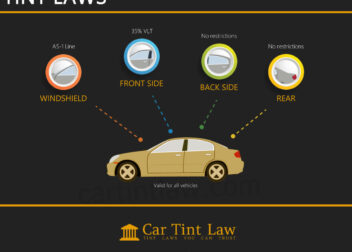Louisiana’s Child Passenger Safety Laws Simplified
As a parent nothing is more crucial than ensuring the safety of our children, especially while traveling. Louisiana prioritizes child passenger safety and the laws in place are there for a purpose. I recall a time when I was driving my younger cousin back home from a family event and had to stop to make sure his seatbelt was fastened correctly. It may seem like a detail but when it comes to kids being cautious is never excessive.
In Louisiana there are laws in place to make sure that every child is safely strapped in a suitable seat based on their age, height and weight. Whether you’re a parent or simply giving your friends kids a lift it’s important to be aware of the requirements.
Understanding Age and Weight Requirements for Child Seats

In Louisiana there are rules that dictate the kind of child seat you should use depending on your child’s age and weight. I really wish someone had explained this to me before I took a trip with my friends little one. It’s not about following the law; it’s also about feeling at ease knowing you have the seat for your child.
Here’s a quick guide:
- Birth to 2 years: Children must be in a rear-facing car seat until they hit at least 2 years or outgrow the weight/height limits set by the car seat manufacturer.
- 2 to 4 years: Forward-facing seats with a harness are mandatory until the child reaches a certain weight (usually around 40 pounds).
- 4 to 9 years: Once your child is big enough, they’ll move to a booster seat. This usually happens around 4 years old and lasts until they hit about 9 years or 4 feet 9 inches tall.
- 9 years and older: After the booster seat phase, children can use the standard seat belt. But the belt should fit properly—meaning the lap belt must lie snugly across the thighs, not the stomach.
The rules in Louisiana are quite straightforward. It may seem overwhelming but paying attention to these specifics can truly make a difference between life and death. I always felt reassured once I confirmed that the car seat was suitable for the child I was transporting.
Proper Installation of Child Restraints in Louisiana
I have to say it can be quite a hassle to install a car seat properly. When my nephew arrived I recall spending almost an hour in the backseat of my car adjusting straps and buckles in an attempt to get everything perfect. However after all that work I felt a rush of relief knowing that he would be secure on every journey.
In Louisiana it’s not enough to have the seat you also need to install it correctly. Many accidents happen due to improper securing of the seat. Here are some suggestions to make sure your child’s seat is installed properly.
- Read the manual: Both the car seat manual and your vehicle’s manual will give you specific instructions for proper installation.
- Check the fit: Make sure the seat doesn’t move more than an inch in any direction. If it wiggles too much, it’s not secure enough.
- Use the tether strap: For forward-facing seats, always connect the top tether to reduce the risk of head injury during a crash.
- Visit a car seat inspection station: Louisiana has numerous certified child seat inspection stations where you can go for free help. I can’t recommend this enough, especially if you’re feeling unsure. When I took my car in, the technician pointed out a mistake I hadn’t even realized I was making!
Installing things correctly isn’t just about obeying the rules. It’s about ensuring that when it matters most you’ve taken every step possible to keep your child safe. It’s a gesture that goes a long way in providing reassurance.
Penalties for Non-Compliance with Louisiana’s Safety Laws
Louisiana takes child safety in cars very seriously. I recall an incident where my cousin was stopped by the police because her sons booster seat wasn’t secured. She believed it was a thing but the officer was adamant about its significance. To her surprise she received a ticket! That moment made me aware of how strict the state is, with these regulations.
What are the consequences of neglecting Louisiana’s child passenger safety regulations? The repercussions can be significant and trust me they go beyond just a hit to your wallet.
- Fines: A first-time offense can cost you up to $100. For repeated offenses, the fines can go up to $500, and nobody likes shelling out extra money, especially when it’s avoidable.
- Court appearances: For multiple violations, you may be required to appear in court. Imagine the hassle of taking time off work just because you didn’t strap your child in properly.
- Mandatory educational programs: In some cases, you may be ordered to attend a child safety class. While the information is valuable, it’s an added burden that can easily be avoided.
Moreover failing to comply with regulations can result in injuries during an accident. The purpose of the law is to safeguard our children not to be bothersome. Nobody wants to experience the remorse of a preventable injury simply due to neglecting something as basic as seat safety.
Common Mistakes Parents Make with Child Passenger Safety
Here are a few mistakes that parents tend to make.
- Incorrect seat for the child’s age or weight: Some parents move their child to a booster seat too early or keep them in a rear-facing seat for too long.
- Loose harnesses: Many think that as long as the seatbelt is on, the child is safe. But if the harness isn’t snug, it won’t offer full protection.
- Wrong seat position: The safest place for a car seat is in the back seat, yet some parents install it in the front seat, risking severe injuries in case of airbag deployment.
- Expired car seats: Not many people realize that car seats actually have expiration dates. Over time, the materials can degrade, making the seat less effective.
These errors are not always deliberate. With the hustle and bustle of life it’s easy to miss the small things. However when it comes to our children it’s important to pause and verify. After that near incident involving my niece I began to prioritize car seat safety much more.
How to Ensure Your Car Seat Meets Louisiana’s Standards
Caring for my nephew taught me a valuable lesson about car seats. I ordered a high end seat online believing I was making the right choice. However I later discovered that it didn’t meet Louisiana’s safety standards. Talk about a mix up!
If you’re someone who wants to ensure that you’re heading in the direction here are a few factors to take into account.
- Check the seat’s label: Every car seat should have a label with its manufacturing date and weight/height limits. Make sure it’s approved for use in Louisiana.
- Visit a certified inspection station: Louisiana has several places where experts can check your car seat for free. I went once just for peace of mind, and they adjusted things I hadn’t even thought about.
- Keep track of recalls: Sometimes, car seats are recalled due to defects. Always register your car seat with the manufacturer to get notifications if this happens.
- Proper installation: Louisiana law requires that car seats be securely installed, with no more than an inch of movement from side to side. If you’re unsure, don’t hesitate to ask for help.
- Don’t rush to upgrade: Many parents are eager to move their kids to the next type of seat, but it’s better to follow the weight and height guidelines closely. Each stage offers a different level of protection.
By following these measures you not only ensure that you are abiding by the law but also find reassurance in knowing that your child is as secure as they can be. I have come to realize through experience that being overly careful regarding the safety of our children is always a good idea.
FAQs About Louisiana Child Passenger Safety Laws
When it comes to keeping kids safe in cars, I’ve noticed that even the most vigilant parents still have doubts. I recall my friend’s concerns when she welcomed her first child. She was always anxious about whether she was on the right track. The regulations around this can be tricky to understand, so let me share some questions I’ve come across from fellow parents along with the insights I wish I had when I began figuring out these guidelines.
1. At what age can my child sit in the front seat?
2. Can I use a second-hand car seat?
Although it might be appealing to cut costs opting for a car seat can pose risks. Car seats come with expiration dates and you may not be aware if the seat has been involved in an accident or has missing components. I nearly purchased a used one before discovering this information. Its wiser to invest in a seat that complies with up to date safety regulations.
3. What are the height and weight limits for booster seats?
In Louisiana kids need to stay in a booster seat until they reach a height of 4 feet 9 inches or weigh between 60 and 100 pounds. This usually happens around the age of 9 but it varies for each child. For instance my niece used her booster seat a bit longer because she hadn’t reached the height requirement yet.
4. How do I know if my car seat is installed correctly?
To get peace of mind about your car seat installation, it’s a good idea to stop by an inspection station. Trained professionals can verify that everything is set up correctly. I personally went through this process when I had doubts and it really made a difference – just one tweak made the seat much more stable.
Final Thoughts on Keeping Your Child Safe in Louisiana
Ultimately keeping your child safe on the road goes beyond just obeying the rules; it’s about finding peace of mind for yourself. I’ve had my moments of stress questioning whether I was doing enough. However by staying informed double checking the details and seeking assistance when necessary we can all ensure the safety of our little ones. Louisiana’s child passenger safety regulations may appear stringent but they exist to safeguard what truly matters, our children. Take it from someone who has learned through experience; the extra effort is always worthwhile.


